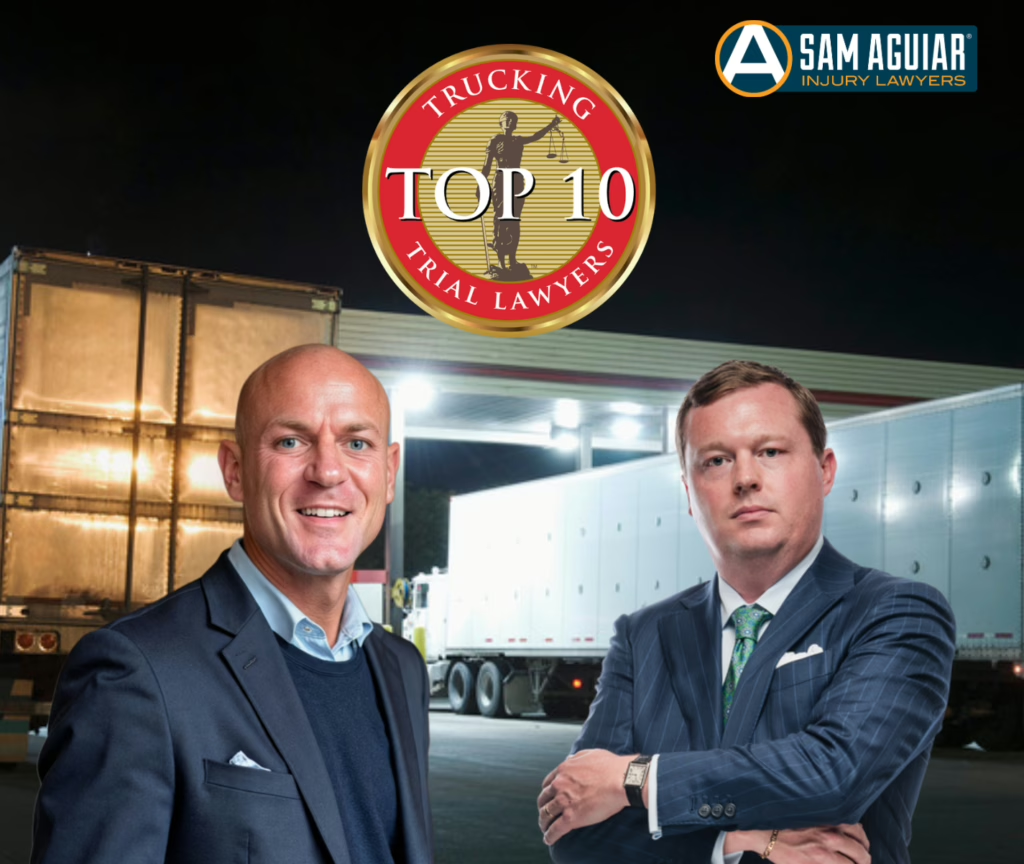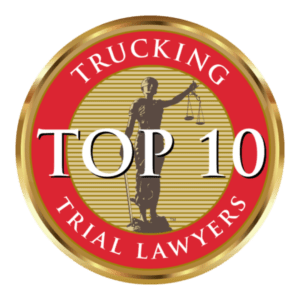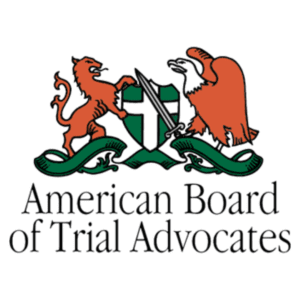
Truck Accidents and Legal Implications
Navigating the aftermath of a truck accident can be a daunting task.
Truck accidents are often more complex than typical car accidents. The size and weight of trucks can lead to severe damage and injuries.
Moreover, multiple parties could be held liable. These include the truck driver, the trucking company, the shipper, the maintenance provider, or the broker.
Understanding the cause of the accident is crucial. It helps determine who is at fault and liable for damages.
Driver Fitness in Truck Accidents
Driver fitness is a critical factor in truck accidents. A driver’s physical and mental health can directly impact their driving ability.
For instance, conditions like sleep apnea can cause sudden drowsiness. This increases the risk of accidents.
Prevalence of Driver Fatigue
Driver fatigue is a prevalent issue in the trucking industry. It often results from long hours on the road without adequate rest.
Fatigued drivers pose a significant risk. Their impaired judgment and slowed reaction times can lead to catastrophic accidents.
Hours of Service Violations
Hours-of-service regulations are in place to combat driver fatigue. These rules limit the number of hours a truck driver can operate.
Failure to comply with these regulations can result in legal consequences. It can also serve as evidence of negligence in a truck accident case.
Accountability of Large Motor Carriers
Large trucking companies like FedEx Ground and Amazon significantly impact road safety.
Their policies and practices can have a direct impact on driver behavior.
For instance, unrealistic delivery schedules can pressure drivers into violating Hours of Service regulations.
This can lead to driver fatigue and increase the risk of accidents.
In such cases, the trucking company can be liable for the accident.
Their negligence in forcing unreasonable driving schedules can be a key factor in a legal case.
Moreover, the company’s safety director plays a crucial role.
They are responsible for ensuring compliance with safety regulations and promoting a safety culture.
Profits Over Safety: Ethical Dilemma
The concept of ‘profits over safety’ is a significant issue in the trucking industry.
Some companies prioritize their bottom line over the safety of their drivers and the public.
This unethical practice can lead to disregard for safety regulations.
It can also lead to inadequate vehicle maintenance, increasing the risk of accidents.
FMCSR’s: Compliance and Enforcement
Compliance with Federal Motor Carrier Safety Regulations is mandatory for all motor carriers.
These regulations encompass a range of safety aspects, including driver fitness and vehicle maintenance.
Non-compliance can lead to severe penalties. It can also serve as evidence of negligence in a truck accident lawsuit.
Role of a Trucking Attorney
Victims of truck accidents often face a complex legal battle in the aftermath.
An experienced trucking attorney can be instrumental in navigating this process.
These attorneys understand the intricacies of trucking regulations and can effectively establish fault.
They can also help victims secure fair compensation for their losses.
This is why a consultation with an experienced and dedicated trucking attorney is the best practice.
Take Action Now
The aftermath of a truck accident can be overwhelming, but you don’t have to face it alone. Contact Sam Aguiar Injury Lawyers today at (502) 888-8888 in Louisville or (859) 888-8000 in Lexington for a free, no-obligation consultation.
Our team is available 24/7 to answer your questions and guide you through this difficult time.
Remember, with our exclusive Bigger Share Guarantee®, you’ll keep more of your settlement and never pay fees unless we win your case.
Frequently Asked Questions
1. What makes truck accident cases different from regular car accidents?
Truck accidents involve unique legal and regulatory complexities. Multiple parties may be liable, including the driver, trucking company, broker, maintenance crew, or parts manufacturer, and federal trucking regulations often come into play.
2. Who can be held liable in a truck accident case?
Liability can extend far beyond the driver. Potentially responsible parties include the trucking company, truck owner, shipping companies, maintenance providers, and even faulty parts or tires manufacturers.
3. How do federal trucking regulations affect my case?
The Federal Motor Carrier Safety Regulations (FMCSRs) are a powerful tool. If a driver or company violated these rules, such as by exceeding Hours of Service limits or neglecting required inspections, it can be used to prove negligence and increase the value of your claim.
4. What is the importance of preserving evidence after a truck crash?
Critical evidence, such as black box data, driver logs, inspection records, and maintenance history, can disappear quickly. Our legal team sends immediate preservation letters to prevent tampering or deletion and conducts fast investigations to secure all necessary proof.
5. Can I sue the trucking company if the driver was an independent contractor?
Yes, in many cases. Even if a driver is labeled an “independent contractor,” trucking companies can still be held liable under specific legal theories such as negligent hiring, retention, or control.
6. What role does a trucking attorney play in my case?
A trucking attorney understands the specific tactics used by trucking companies and insurers. We can uncover driver fatigue, dispatch pressure, falsified logs, and unsafe company policies. This insight can differentiate between a lowball offer and a life-changing recovery.
7. How much is a truck accident case worth?
Truck accident claims can be significantly higher in damages than car crash claims due to the severity of injuries, long-term care costs, and punitive damages. The value depends on liability, damages, medical bills, lost wages, and pain and suffering.
8. How soon after a truck crash should I hire a lawyer?
Immediately. Trucking companies and their insurers begin building their defense within hours. The sooner we’re involved, the faster we can protect your rights, secure key evidence, and guide you through the process.
9. What if the trucking company is based in another state?
We handle trucking cases across state lines and regularly sue out-of-state motor carriers. Federal regulations apply nationwide, and jurisdiction can often be established where the crash occurred or where the company conducts business.
10. What types of truck crash cases does your firm handle?
We handle every type of truck crash injury case, including rear-end crashes, underride collisions, jackknifes, rollovers, unsecured loads, pedestrian strikes, and more.
We have handled cases involving Amazon, FedEx Ground, UPS, and many of the country’s largest trucking fleets.








